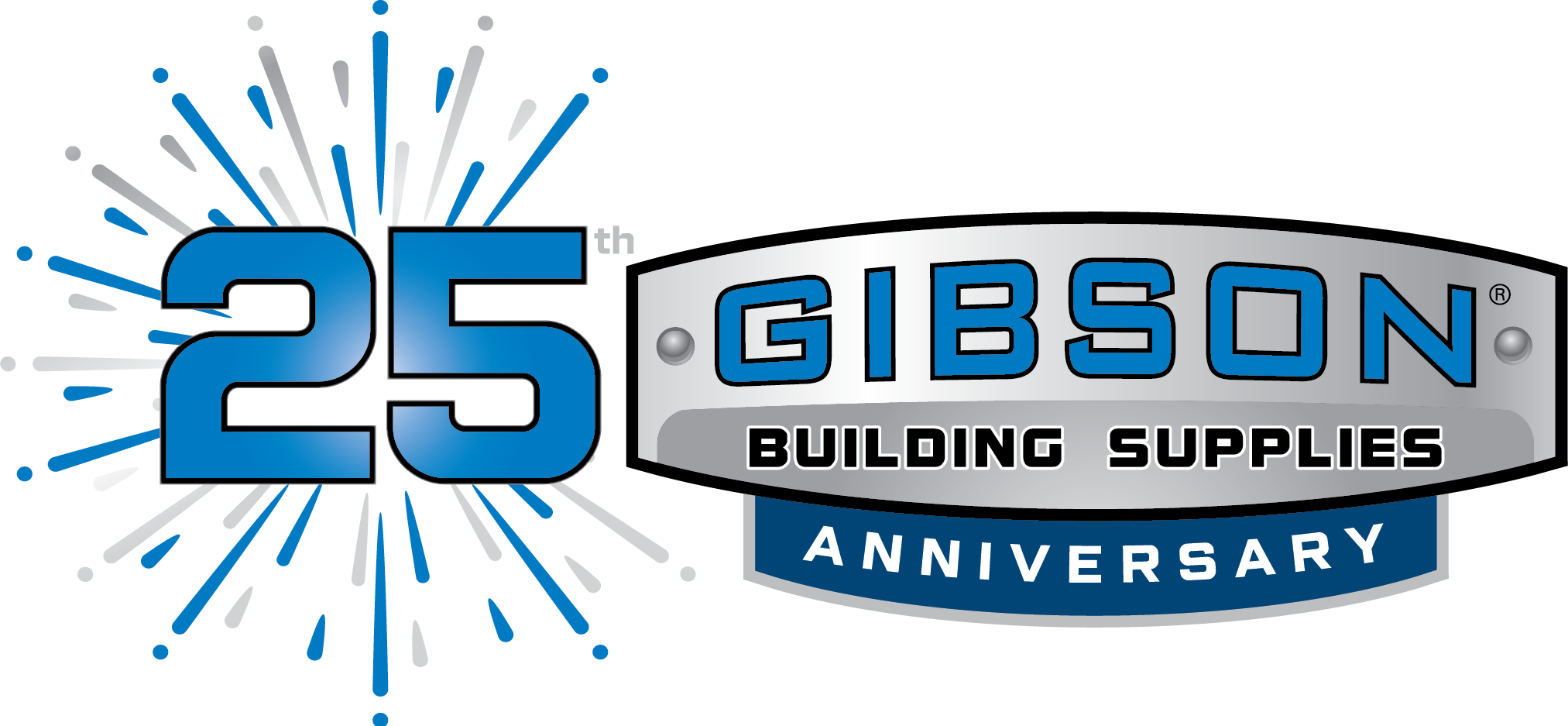
Legal Tips for Roofing Contractors

When you’re running a roofing business, you’re certain to run into legal issues from time to time. Here are some common legal situations that can arise and tips for how to handle them.
How to avoid legal problems
Prioritize employee safety
- Ensure you’re providing proper safety equipment to keep your employees safe and it’s in good working order.
- Avoid claims against your company for non-compliance with safety rules by monitoring that your employees are using their safety equipment properly.
- For example, some roofers will wear their safety harnesses unconnected to lifelines, so they look like they are complying with safety laws but aren’t.
Ensure customer satisfaction
- Always have customers sign a contract. There are tons of free templates available online specifically for roofers.
- A roofing contract should be specific about the scope of work to be performed and the payment schedule. Also, clarify what happens if you don’t get paid according to the terms of the contract.
- If a customer defaults on a payment, you can put in a claim for up to $35,000 through Small Claims Court.
- Customers can sue you if you fail to comply with agreements such as deadlines, quality of delivery, and preventing property damage.
- Be prepared to provide after-sales service and deal with post-construction problems to ensure your customers are satisfied with their roof or you could face legal challenges.
Work with a good lawyer
- There are a lot of risks to manage during roofing and construction projects. Be sure to work with a competent lawyer who can review contracts and help you minimize any possible risks.
- Have the proper licenses and permits
- The type of license you need depends on where you operate your business and where you do the work. Check with each municipality to ensure you have the proper licenses.
- Permits are also site specific. Always familiarize yourself with local bylaws to avoid unnecessary fines.
Get the right insurance
- We can’t stress enough the importance of insurance. Commercial general liability insurance and workers’ compensation insurance are the two big ones.
- Your vehicles need commercial auto insurance and it’s a good idea to insure your equipment, as well.
- Always get advice from an insurance professional.
Despite your best efforts, legal issues will happen. Here are some resources that can help.
Pro Bono Law Ontario offers small businesses 30 minutes of free legal advice. Call 1-855-255-7256 or visit their website.
National Canadian Lawyers’ Initiative has law students and recently retired legal professionals available to support small businesses.
The Ontario government has loads of resources for small business owners.
To set your business up for success in 2022, check out this article with simple tips to help you manage your costs more effectively by planning ahead: Year-End Review: Plan ahead to get ahead.
Feel free to reach out to your Gibson Representative to help answer any business questions you may have. Contact us at: info@gibsonsupplies.com.
